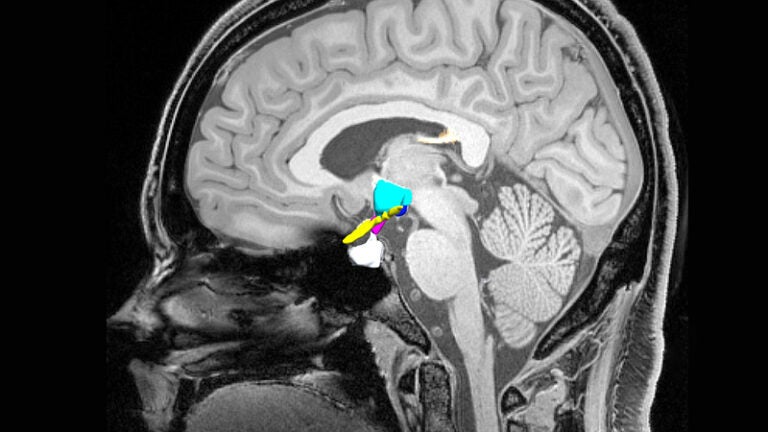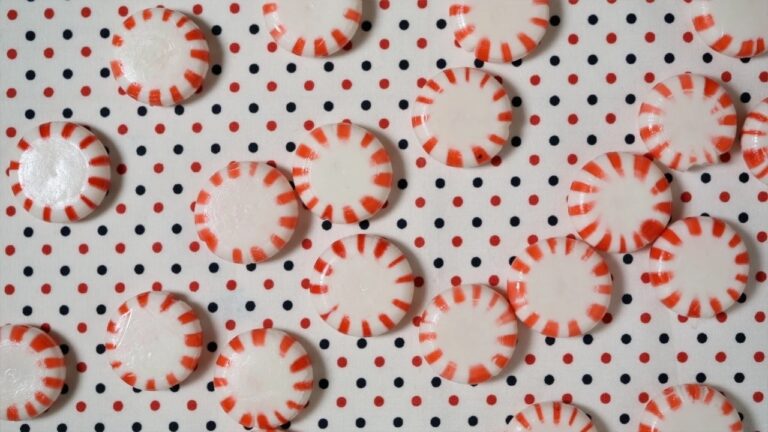A USC Dornsife-led study of the hypothalamus reveals the network architecture of an ancient but critical part of the brain. [3 min read]
USC Dornsife News
A study co-led by Caleb Finch of biological sciences at USC Dornsife suggests that tiny, dirty airborne particles known as PM2.5 invade the brain, exacerbating and promoting dementia in older women
Vinegar shouldn’t taste as sour as it does. And if sour taste is caused by acidity, why do some weaker acids taste more sour than stronger ones?
View Dean Steve Kay’s 2014 holiday card and accompanying video to discover how we view the classic holiday treat from every angle through psychology, history, art, neurobiology — and more.
USC Dornsife’s Jennifer Achiro, a neuroscience doctoral student in Sarah Bottjer’s laboratory, is first author on a songbird study that could lead to better treatment of language disorders in children.
In a recent study published online in Aging Cell, neurobiologist Valter Longo of USC Dornsife has shown that Alzheimer-stricken mice on a low-protein diet show fewer symptoms of the disease. He’s studying whether humans respond similarly.
David McKemy of USC Dornsife and his team have discovered a way to shut down a mouse’s ability to sense cold — paving the way for the development of pain relievers that retain the capacity to feel.
Sarah Bottjer of neurobiology and psychology and her team are the first to locate the neural circuit in the songbird brain that encodes a representation of learned vocal sounds.
A recipient of a 2012 New Scholar Award in Aging from the Ellison Medical Foundation, USC Dornsife’s Dion Dickman will investigate the genetics and mechanisms behind nervous system stability during the aging process.
- 1
- 2
Contact USC Dornsife News
Media Inquiries
Contact Ileana Wachtel








